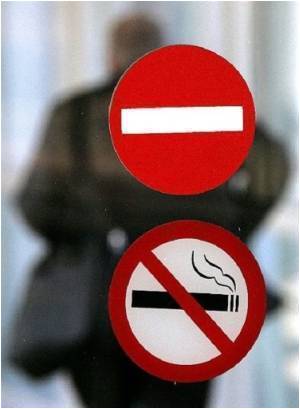Proactive telephone counseling helps smokers quit regardless of how they are recruited to a telephone quitline, according to a study published online June 10th in the Journal

In this study, Flora Tzelepis, Ph.D., of the University of Newcastle in New South Wales, Australia, and colleagues analyzed 24 previous studies of proactive telephone counseling to see whether the method of recruitment made a difference in quit rates. They looked at both point prevalence abstinence—the number of smokers who had not smoked for at least a day or a week before the interview—and at prolonged or continuous abstinence over a period of months.
The researchers found that proactive counseling helped increase long-term smoking cessation regardless of how the smokers were recruited. Quitlines had a statistically significantly positive effect on prolonged and continuous abstinence after 6-9 months and after 12-18 months. Their effect on point prevalence abstinence was also statistically significant at 6-9 months, but not at the longer-term followup.
"In general," the authors write, "our findings have strengthened the support for proactive telephone counseling for smoking cessation. " They note, however, that few active-recruitment trials are available to evaluate the impact of the recruitment channel on prolonged/continuous abstinence, particularly in the midterm, and that additional data are urgently needed.
In an accompanying editorial, Damon Vidrine, Dr.P.H., and Jennifer Irvin Vidrine, Ph.D., of the University of Texas M. D. Anderson Cancer Center in Houston note that smokers in this study who responded to advertisements and other passive recruitment efforts were more willing to set a quit date in the next month compared to actively-recruited smokers. This suggests they were more highly motivated to quit.
Therefore, the editorialists write, the fact that active recruitment methods resulted in quit rates almost as high as passive recruitment has "enormous implications for the public health impact of quitline-delivered cessation treatment." They conclude that an important direction for future research will be to develop and extend active recruitment approaches.
Advertisement









